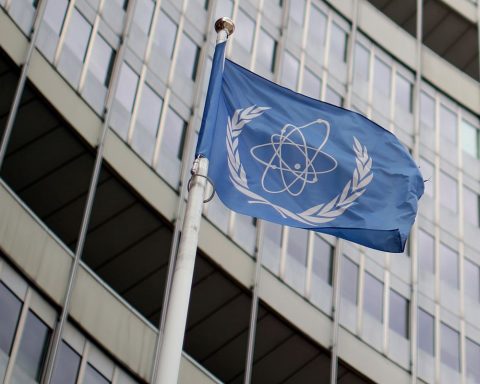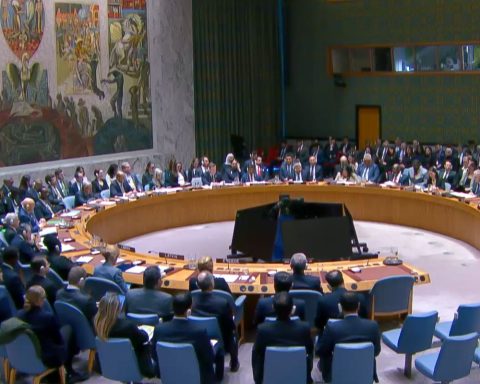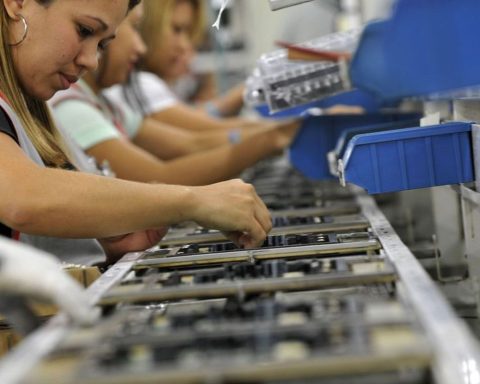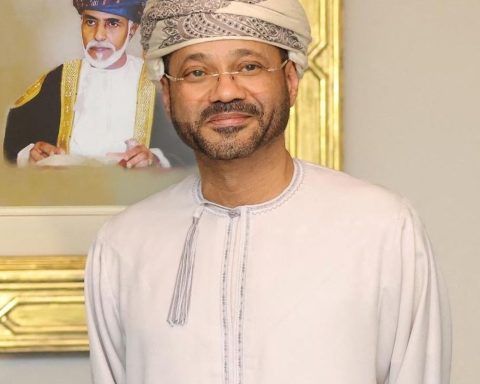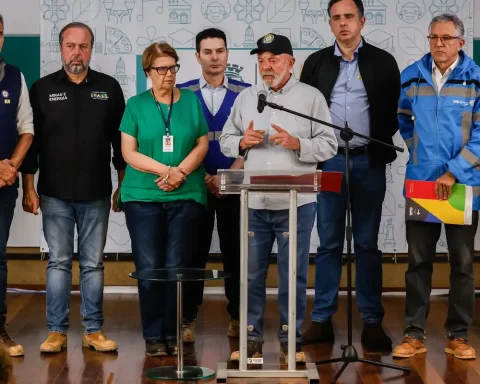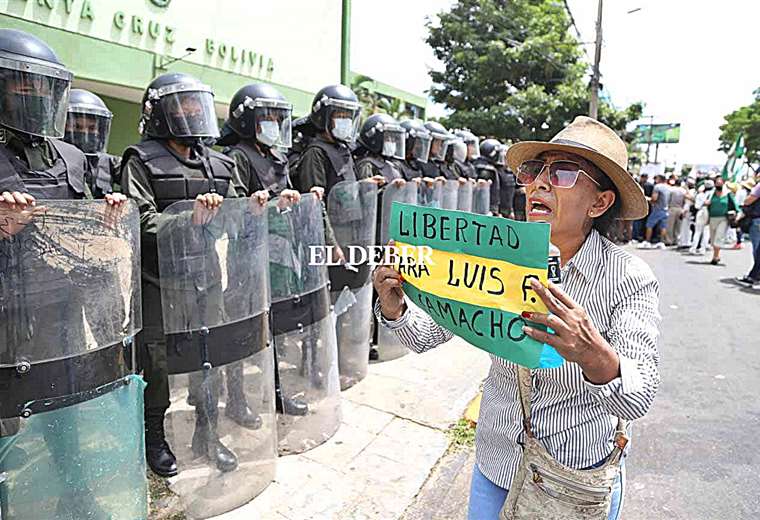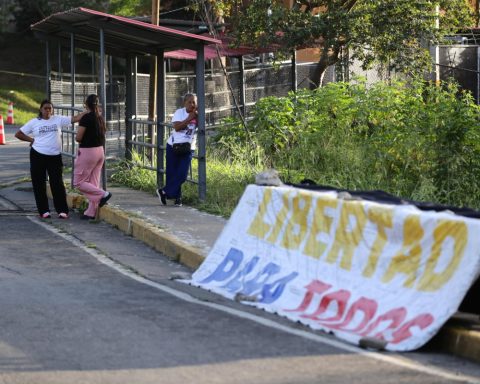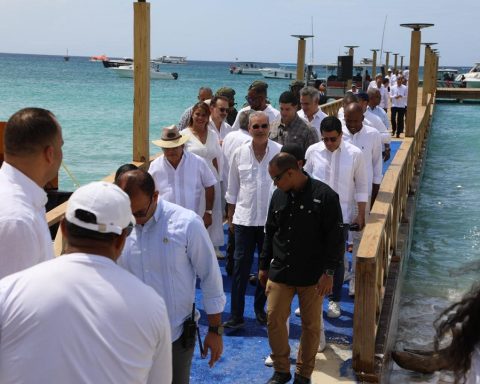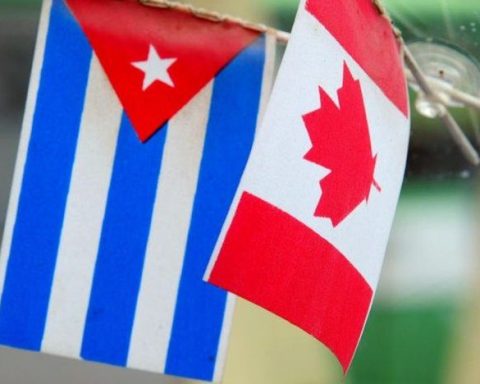The new Minister of Education, Camilo Santana, took office today (2), at the headquarters of the folder, in Brasília, placing as an “absolute priority” literacy at the right age for children in basic education.
Santana cited data from the Basic Education Assessment System (Saeb), according to which one in three children does not learn to read and write at the right age. According to the most recent data, there was an increase, for example, of 66% in the number of children aged six and seven who cannot read and write during the covid-19 pandemic, between 2019 and 2021.
“In other words: the majority are illiterate within the school itself, which causes serious repercussions in the sequence of these children’s lives”, said the new Minister of Education, who was sworn in yesterday (1st) by President Luiz Inacio Lula da Silva.
“An absolute priority is imposed in this country, that of promoting the literacy of all children at the right age”, said Santana.
The minister attributes the negative results in the area to the previous management, of the Jair Bolsonaro government. “The most valuable thing for a nation to develop, which is the education of its people, was treated as a by-product.”
Right at the beginning of his speech, he honored Magda Soares, emeritus professor at the Federal University of Minas Gerais and one of the greatest references in the area of literacy in the country, who died yesterday (1st), aged 90. She was the founder of the Literacy, Reading and Writing Center (Ceale) at UFMG. Santana also asked those present to give a round of applause to the teachers in Brazil.
Former governor of Ceará for eight years (2014-2022) and elected senator for the state, Camilo Santana holds a degree in agronomy and a master’s degree in environmental development. Before heading the cearense executive, he was secretary of Cities and Agrarian Development under former governor Cid Gomes.
When assembling his team, Santana brought with him other names from Ceará, such as the new executive secretary of Education, position number two in the portfolio, Izolda Cela, former governor of Ceará, and Fernanda Pacopahyba, former secretary of Finance of Ceará who will command the National Education Development Fund (FNDE). Both were highly applauded when mentioned by the new minister.
Other priority actions
Then, the minister cited the fight against school dropout, especially in high school, as a priority task for Education. The problem has also grown in recent years and during the covid-19 pandemic. “We need to guarantee all, all students in school in this country,” said the minister.
He also listed, among the priority policies of the new administration, expanding full-time teaching, strengthening the budget and autonomy of public universities, expanding student access to the internet and the approval, in Congress, of the creation and regulation of the National System de Ensino (SNE), an agenda that has long been claimed by movements in defense of education.
Symbolically, Santana received a button with the identification of the Ministry of Education from the president of the National Union of Students (UNE), Bruna Brelaz, and the president of the Brazilian Union of Secondary Students (Ubes), Jade Beatriz. The former minister and predecessor in the portfolio, Victor Godoy, did not attend the transfer of office.
Several governors who have just assumed a new term were present at the ceremony, such as the governor of Ceará (Elmano Freitas), Bahia (Jerônimo), Piauí (Rafael Fonteles), Maranhão (Carlos Brandão), Paraíba (João ), Rio Grande do Norte (Fátima Bezerra) and the Federal District (Ibaneis Rocha).
Other newly appointed ministers also attended, such as Nísia Trindade (Health), Wellington Dias (Social Development and Combating Hunger), Ana Moser (Sports) and Vinícius Marques de Carvalho (Comptroller General of the Union). Several parliamentarians and mayors were also present.

